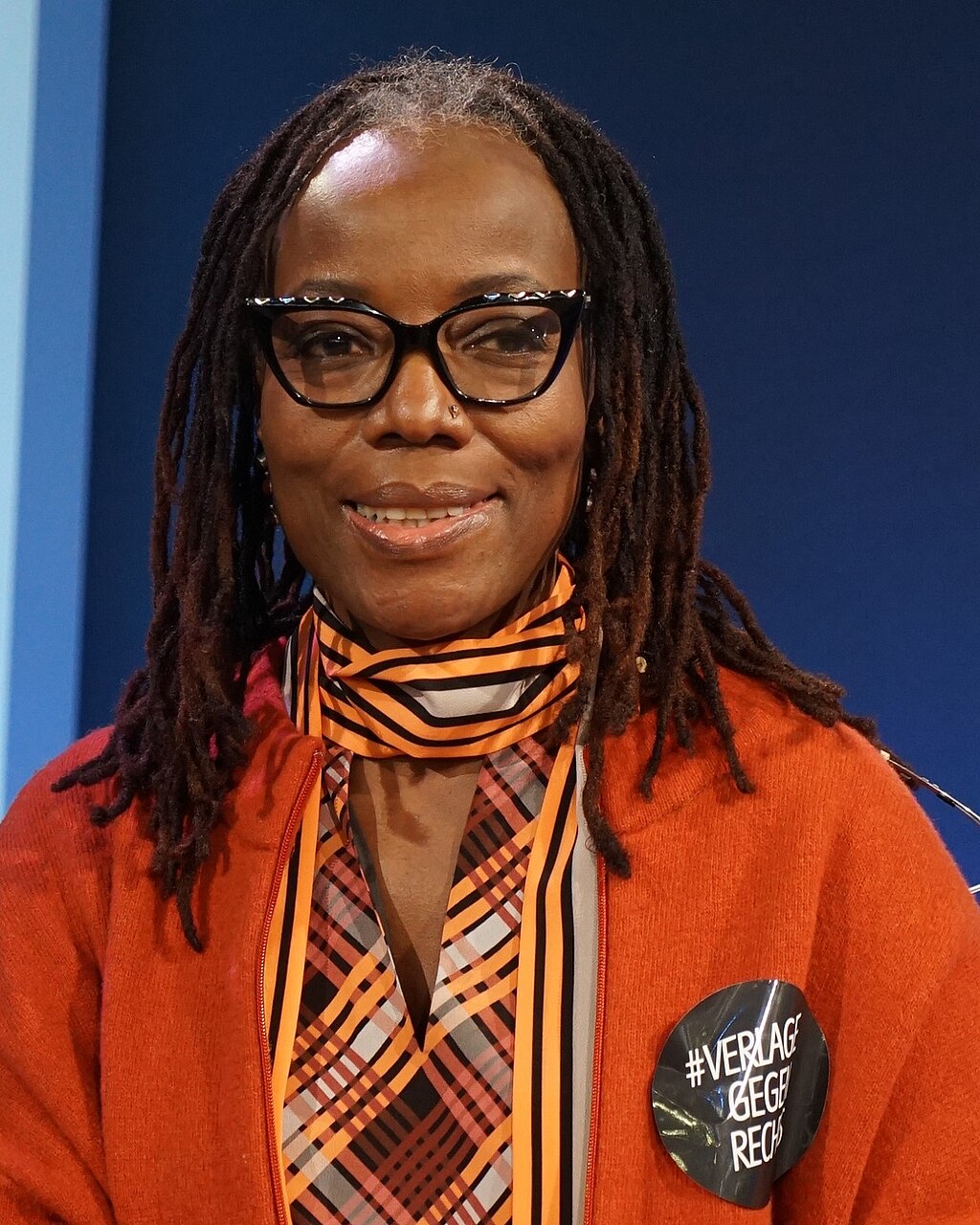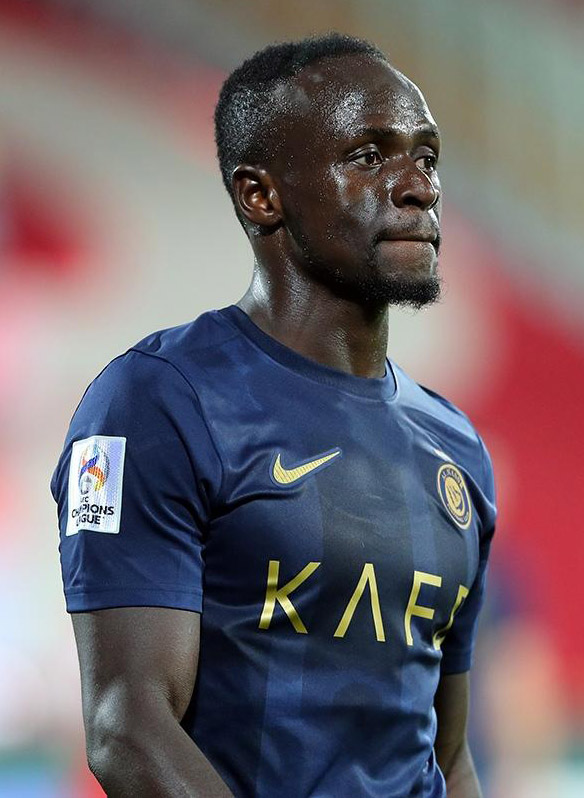Political
Election 2023 and the Future of Political Power in Nigeria
Nigeria’s most recent elections change nothing and everything
On June 3rd, 2022, Bola Ahmed Tinubu stood before members of the All Progressives Congress (APC) in Abeokuta. The party’s primary election was in full swing, and Tinubu was looking to distinguish himself in a crowded field of presidential aspirants. He recounted his influence in the formation of the APC and in leading its candidate President Buhari into victory in the 2015 elections. “It’s my turn,” he told the assembled crowd. That sentence (“emil’okan” in Yoruba) became his catchphrase throughout the primary and the subsequent election. In many ways, the phrase epitomizes the entitlement of Nigerian politicians, and the level of less-than-democratic selection processes that play out in elections. With the dust mostly settled from the 2023 elections, it Looks like Tinubu’s declaration has come true. In many ways the election that brought in this president-elect was a run-of-the-mill Nigerian election, but in others it was completely unprecedented.

Tinubu was the obvious choice to lead the APC, a long-time political godfather finally turned presidential candidate. The leading opposition candidate was similarly unsurprising. Atiku Abubakar has been gunning for the presidency since 1993, often under the banner of the People’s Democratic Party (PDP). Both men secured their party nominations in the usual way: feting and giving gifts to party delegates behind closed doors. Strangely however, the 2023 election was not a two-horse race. The Labour Party and their flag bearer Peter Obi was a surprising addition.
Obi himself was an unlikely disruptor, being very much part of the establishment. He served two terms as governor of Anambra with the All Progressives Grand Alliance (APGA) before decamping to the PDP in 2014. He even served as Atiku’s running mate in 2019. But during the primary season, Obi announced that he would join the Labour Party, a small party whose working-class roots sit at odds with his business elite background. Nonetheless, his reputation for fiscal prudence combined with dissatisfaction with the familiar faces of the other parties turned the Obi-Labour partnership into the long-sought “third force” in Nigerian politics. In the 2019 election, the Labour Party gained just over 5,000 votes nationwide; this time they came third with 6.1 million, or 25 percent of the vote. Before 2023, the best showing ever for a third-place party was 7.5 percent in 2007. This was the closest Nigeria ever came to triggering an electoral run-off.
It’s impossible to discuss the rise of the Labour Party without highlighting the importance of the internet. The 2020 EndSARS protests were started and sustained with the help of Twitter, as well as WhatsApp and Telegram. The violent crackdown by the federal government in Lagos and elsewhere galvanized supporters of the protests towards these elections. It is telling that the Nigerian government banned Twitter in the country in the aftermath of the protests, only relenting in time to use the platform for primary campaigns. All candidates relied extensively on social media, which largely supplanted signs and TV spots. Supporters of Obi and Labour, who called themselves “Obi-dients,” dominated social media platforms in the run up to elections. Social media boosted voter registration, especially among young Nigerians. Of over 93 million registered voters, 36.9 percent were under 35 years old. In the year before the election, the Independent National Electoral Commission (INEC) saw 10 million new voter registrations. INEC also promised to use the internet to increase trust in the electoral process. For the first time, results from each polling unit would be uploaded live on a web platform. Voters could thus validate INEC’s counting in real time.
In the end, however, the transformative power of internet technology in the elections seems overblown. INEC delayed uploading presidential reports to the viewing portal and announced results with only a fraction of polling units submitted online. Many polling units put up placeholder images or obviously altered counts. These discrepancies are the base of court challenges to Tinubu’s declaration as winner. Nor did the social media campaigning seem to radically bolster political participation. Less than a third of registered voters actually cast a ballot. While it may be tempting to blame voter apathy and hypocrisy, it should also be noted that systematic voter suppression, intimidation, and the unreliability of registered voter numbers are more likely culprits. The two regions with the least support for the ruling APC, the south-east and the south-south, saw INEC staff and materials arrive late in 90 and 71 percent of polling units respectively. These were unsurprisingly the regions with the lowest voter turnout. The lack of data on deaths and emigration also means the denominator for calculating voter turnout is unreliable. These are problems new technology and social media just couldn’t solve.
There were other firsts as well. It’s notable that none of the candidates had any connection to the army, considering the long shadow that military rule has cast over the Fourth Republic. Two of the four presidents Nigeria has had since 1999 were former military heads of state, and a third was the brother of another military politician. This election also saw the end of “zoning,” at least at the national level. Under this practice, the presidency was supposed to alternate every 8 years between a Muslim northerner and a Christian southerner. This agreement has been tested in the past, but for the first time the two largest political parties explicitly rejected it. Atiku comes from the same ethnic group as outgoing President Buhari, while the APC selected Muslims for both its presidential and vice-presidential candidates. The end of zoning and the rise of a third party meant a three-way competition between Fulani, Yoruba, and Igbo candidates. The 2023 electoral map reflects the regional politics of independence-era Nigeria, with Tinubu and the APC standing in for Obafemi Awolowo’s Action Group, Atiku and the PDP as Ahmadu Bello and the NorthernPeople’s Congress, and Obi’s Labour Party taking the place of Nnamdi Azikiwe and the National Congress of Nigeria and the Cameroons. It’s ironic that one of the biggest changes of this election was to reset the political map so completely. Even when things change, they remain the same.

The year 2023 also marks the first time that the APC or its predecessor party Alliance for Democracy didn’t get the most votes in Lagos State. Lagos has been a stronghold for AD/APC since 1999, when Tinubu himself was governor. Since then, APC has controlled the governorship, the state house, and every local council state-wide. This time, however, public memory of the government shooting protestors at Lekki Toll Gate, the unpopularity of President Buhari’s economic policies, and general desire for change led most Lagos voters to choose Labour. While many thought this would spell the end of Tinubu’s control over Lagos politics, in the governorship election on March 18th, APC was able to preserve the status quo using armed thugs and Yoruba nationalist messaging. Violent voter suppression and ethnic bigotry are as integral to campaigns as they ever were.
The most predictable aspect of this election is that, like all others before, it is being contested by the other parties. The PDP, Labour, and three other opposition parties have challenged the result based on INEC’s refusal to use its own viewing portal, documented cases of violence and rigging, and even Tinubu’s eligibility to contest given his involvement in a trafficking case in the United States in 1993. The case is still before the courts. Nigerians of all political stripes are keeping a close eye on the proceedings, but no sitting president has ever been ejected by a court order. If any lesson is to be learned from the presidential election, it’s that change of any kind is difficult to come by in Nigeria.







